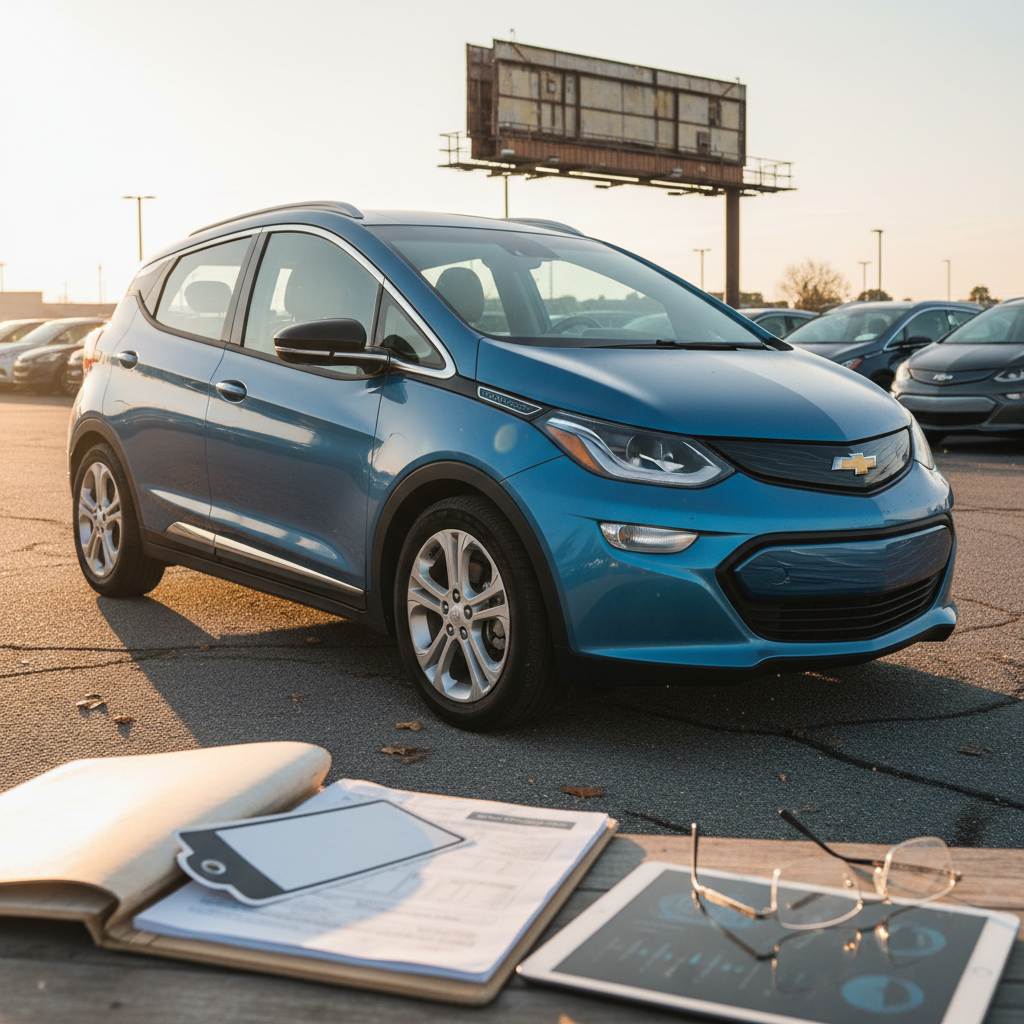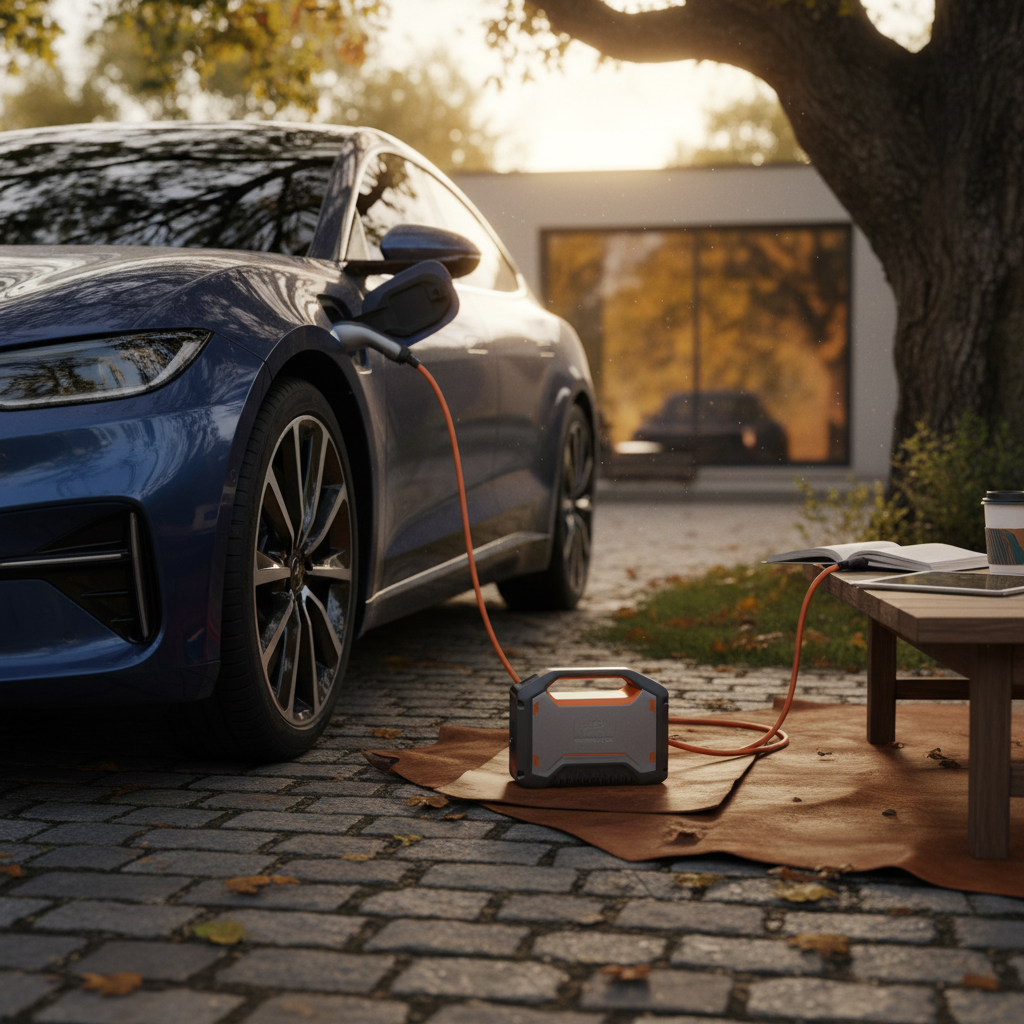If you own a Nissan Pathfinder, or you’re eyeing a used one on a dealer lot, service history is the whole story. This SUV has worn many faces, from CVT‑equipped family wagon to chunky Rock Creek adventure bus, and each one has its own maintenance fingerprints. Get Nissan Pathfinder service wrong and you’re budgeting for a transmission; get it right and the truck will quietly haul your people and stuff for years.
Two very different Pathfinders
Why Nissan Pathfinder service really matters
Every SUV needs maintenance, but Pathfinders are unusually sensitive to neglect, especially the model years saddled with Nissan’s early continuously variable transmissions (CVTs). When owners stretch fluid changes or skip cooling‑system service, those transmissions can overheat, judder, and finally grenade themselves with metal shavings. On later models with the 9‑speed automatic, the focus shifts to regular fluid changes, brake service and keeping software and safety systems up to date.
- Good service history can literally be the difference between a $150 oil change and a $7,000 transmission replacement.
- Pathfinders used for towing or loaded family road trips need stricter maintenance than a lightly used commuter.
- A stamped service book or clean digital history adds real resale value and makes financing or resale easier.

Pathfinder generations: CVT era vs modern automatics
Know which Pathfinder you’re dealing with
Your service priorities change dramatically by model year.
2013–2016: Early CVT era
Fourth‑gen Pathfinder with Nissan’s early Xtronic CVT. Comfortable, efficient, but infamous for shuddering, whining and early failures if fluid changes and cooling are ignored.
2017–2020: Improved CVT
Updated CVT with better tuning and cooling. Still a CVT, so fluid condition is critical, but markedly more reliable when serviced on time and not abused with heavy towing.
2022–present: 9‑speed automatic
Fifth‑gen Pathfinder returns to a traditional 9‑speed torque‑converter automatic paired to a 3.5L V6. Much better towing behavior and simpler service; focus on regular fluid, coolant and brake service.
Check the transmission type first
Nissan Pathfinder service schedule by mileage
Always default to the maintenance section of your owner’s manual, but if that’s buried under a car seat, here’s a practical, U.S‑style overview based on a 2024 Pathfinder V6 with typical driving. Severe use, lots of towing, hot climates, stop‑and‑go traffic, demands tighter intervals.
Core Nissan Pathfinder service intervals (modern V6 models)
Approximate intervals for 2017+ Pathfinders with V6 engines. Earlier CVT models should treat these as the maximum, not a suggestion.
| Mileage | Key Services | Notes |
|---|---|---|
| Every 5,000–7,500 miles | Engine oil & filter, tire rotation, visual brake check | Many owners stick to 5,000 miles to keep the V6 happy and quiet. |
| 15,000 miles | Cabin air filter, more detailed brake inspection, steering & suspension check | Good moment to catch uneven tire wear and brake issues. |
| 30,000 miles | Engine air filter, brake fluid inspection, transmission & transfer case inspection | If you have a CVT or tow frequently, plan on a transmission fluid service now. |
| 45,000 miles | Repeat 15k items, alignment check if tires show wear | Family haulers knock wheels out of alignment faster than you think. |
| 60,000 miles | Spark plug check (or replacement if specified), transmission fluid, brake fluid, coolant check | This is the big one. Budget extra if you’re behind on fluids. |
| 90,000–100,000 miles | Coolant service, spark plugs, belts & hoses inspection, differential & transfer case fluids | For a 4×4 Rock Creek, fresh driveline fluids here are non‑negotiable. |
| 120,000 miles+ | Repeat 60k/90k cycle | From here on out, more frequent inspections matter more than the odometer. |
Miles are maximums, if you tow, idle a lot, or drive in heat, move everything 20–30% sooner.
Service records beat low miles
Common Nissan Pathfinder problems to watch for
The Pathfinder isn’t a disaster, but it’s not a Toyota Highlander either. Certain years have very specific tells. Knowing them makes your Nissan Pathfinder service visit feel less like roulette and more like preventive medicine.
High‑impact issues by era
What your technician is secretly looking for
1. CVT shudder, judder & failure (2013–2016, some later CVTs)
Owners of early CVT Pathfinders report shuddering on take‑off, flaring RPM, whining noises and eventually “metal glitter” in the transmission fluid. Once it gets to that point, you’re staring down a multi‑thousand‑dollar replacement.
Service move: aggressive fluid‑change schedule (30k miles or less), making sure the cooler is clean, and never using the vehicle’s full tow rating for long, hot hauls.
2. Noisy or failing cooling fans (2013–2020)
Fourth‑gen trucks are known for radiator fans that rattle or run at high speed all the time. Left alone they can fail outright and cook your engine or transmission in traffic.
Service move: listen for fan noise at idle, inspect blades and bearings, and replace early rather than waiting for a roadside boil‑over.
3. Brake wear and warped rotors
Pathfinders live hard lives: third‑row kids, roof boxes, boat trailers. The brakes pay the price. Warped front rotors show up as steering‑wheel shake under braking, especially on highway off‑ramps.
Service move: during every Nissan Pathfinder service, ask for pad thickness and rotor measurements. Don’t just “resurface” thin rotors; replace them with quality parts.
4. Driveline clunks & AWD coupler issues (newer Rock Creek, 4×4)
On some newer 4×4 Pathfinders, owners complain about hopping or clunking at low speed and rear‑end binding. Often it’s an over‑worked rear differential coupler or old fluid.
Service move: change rear diff and transfer case fluid on time, especially if you tow or use off‑road modes, and have any binding addressed under warranty fast.
When to walk away from a used Pathfinder
Typical Nissan Pathfinder service costs & budgeting
Prices vary by region and shop, but you can budget Pathfinder service in rough bands. Think of it as a subscription fee for avoiding unscheduled drama.
Ballpark Nissan Pathfinder service costs (USD)
How to budget for Nissan Pathfinder service
1. Treat 5,000‑mile oil changes as non‑negotiable
Yes, the manual might allow longer intervals, but a hardworking V6 in a three‑row SUV lives on clean oil. Especially if you tow or idle in traffic, stick to 5,000 miles.
2. Pre‑save for a 60k/90k service
That’s when spark plugs, coolant and multiple fluids come due. Set aside a small monthly amount so the big service doesn’t become a credit‑card emergency.
3. Use OEM or high‑quality fluids
Cheap universal fluid is how transmissions die early. Insist on the correct Nissan‑spec ATF or CVT fluid, quality coolant, and name‑brand brake fluid.
4. Ask for inspection notes in writing
On each visit, request written measurements for brake pads, rotors and tires. Over time you’ll see trends and can plan replacements before they’re urgent.
Pair service with fuel or tire rotations
Service tips for towing, 4x4 and Rock Creek models
The Pathfinder’s towing numbers look great in ads, especially for Rock Creek and 4×4 trims. But towing is where marginal maintenance becomes catastrophic neglect. Heat kills transmissions, fluid and tires in that order.
Fluids first, always
- Transmission fluid: Shorten intervals by 30–40% if you tow near the limit or in mountains.
- Diff & transfer case: For 4×4 Rock Creek, fresh fluid every 30–45k miles is cheap insurance.
- Coolant: Old coolant can’t shed heat; a hot summer towing trip will expose it immediately.
Hardware & tires
- Keep trailer brakes adjusted and working; don’t ask the Pathfinder to stop everything.
- Run proper load‑rated tires and correct pressures before every trip.
- If you feel transmission hunting between gears or slipping, back off the throttle and schedule service.
Watch for heat‑soak symptoms after towing
Buying used? Service checks that matter most
A used Pathfinder can be a bargain three‑row, or it can be a remanufactured‑transmission subscription. Your pre‑purchase inspection should be unapologetically nosy.
High‑value pre‑purchase checks
What to look for before you sign
1. Service records & recalls
Ask for a folder of receipts, not just a Carfax line saying “maintenance performed.” Look for regular oil changes, transmission services and any fan or cooling‑system work.
2. Long test drive, hot and cold
Drive it from stone‑cold and again fully warmed. CVT issues often show up as shuddering under light throttle once everything is hot.
3. Professional inspection
A good shop will scan for stored transmission codes, inspect fluid condition, and put the truck on a lift to check for leaks, worn bushings and exhaust issues.

How Recharged thinks about used SUVs
Thinking electric next? How Recharged fits in
If the idea of another transmission service, or a surprise failure, has you daydreaming about an electric SUV instead, you’re not alone. Many longtime Pathfinder owners eventually cross‑shop three‑row EVs and plug‑in hybrids, looking for lower running costs and fewer moving parts.
From Pathfinder to plug‑in
Electric crossovers still have service needs, tires, brakes, cabin filters, but they retire some of the priciest headaches: engine oil, spark plugs, exhaust systems and complex automatics. Instead, you care about battery health, charging hardware and software updates.
Where Recharged comes in
Recharged helps you move from gas to electrons with less guesswork:
- Recharged Score battery diagnostics so you know exactly what you’re buying.
- EV‑specialist guidance on charging, home setup and real‑world range.
- Financing, trade‑in and nationwide delivery handled in one digital experience, plus an in‑person Experience Center in Richmond, VA if you want to see and touch the car first.
Nissan Pathfinder service FAQ
Frequently asked questions about Nissan Pathfinder service
Key takeaways for Pathfinder owners
The Nissan Pathfinder is a working‑class three‑row: honest, useful and occasionally let down by its own engineering choices. If you’re in a CVT truck, fastidious service and gentle towing are the only reasons it’s still happy at 120,000 miles. In a newer 9‑speed model, the game is simpler: keep fluids fresh, brakes healthy and software up to date, and it’ll do family duty without complaint.
Whichever generation you drive, treat Nissan Pathfinder service as a continuing conversation, not an emergency phone call. Keep records, fix small problems before they grow teeth, and be ruthless about walking away from neglected used examples. And if that process nudges you toward an electric future, Recharged is here with verified used EVs, transparent reports and the kind of guidance every owner, Pathfinder or otherwise, deserves.



